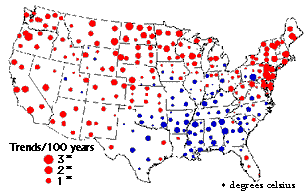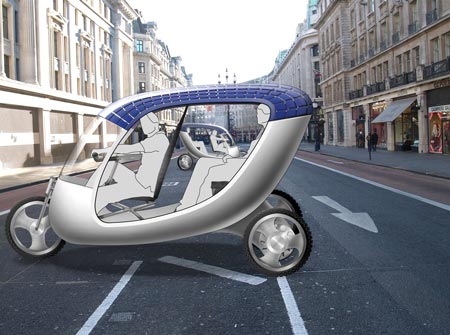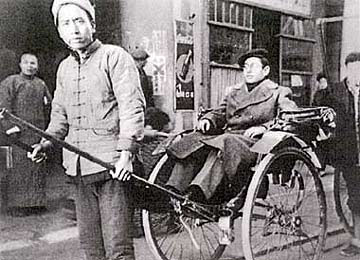Correct, climate change refers to any real or potential change in the atmospheric column...average temperature change up or down, changes in average gas content, changes in average precipitation or severe weather, etc.f.Channell wrote: And the scientific community calls it "climate change"
Here is a map showing this very dicotomy:while some areas are going up in temperature, others are going down. Bills snow shovelling might be a sign of that. Our own cold wet summer in New England may also be, too soon to tell.

The blue shows parts of the country that have experienced a decreasing average temp over the past 100 years, while red shows increasing average temp. There is a similar map for the entire Earth, I'll try to find it next chance I get. These highlight the complexity of trying to model a single global temperature.
And the "Little Ice Age". The problem is factoring out the natural changes to determine any anthropogenic ones. That is where the challenge is, particularly when it comes to providing convincing proof on such a politicized issue. Are we affecting climate? Probably, we effect everything else. But 'probably' is not good enough to base policy changes on.Shifts in weather can have horrible consequences, look at the dust bowls during the depression.








